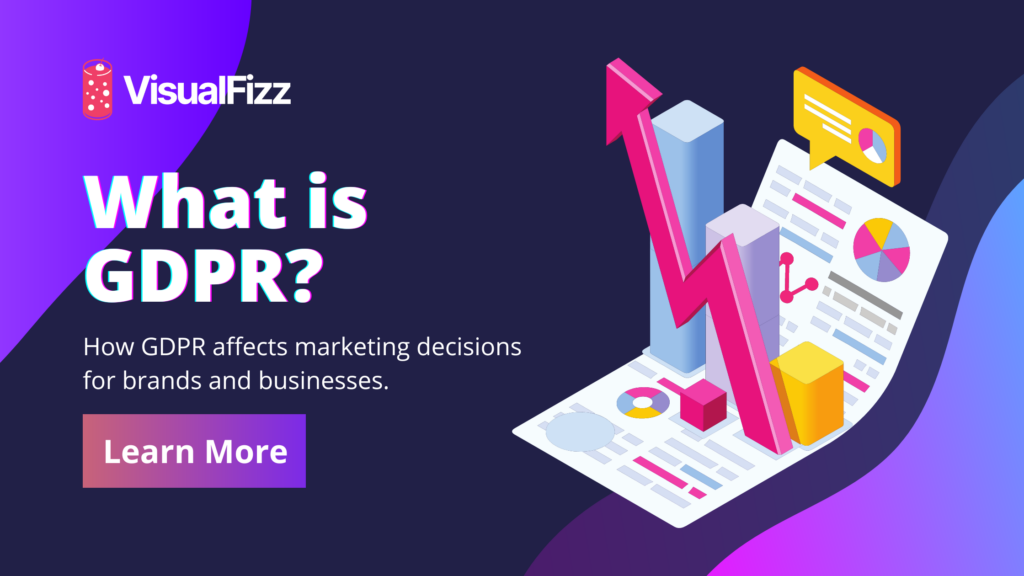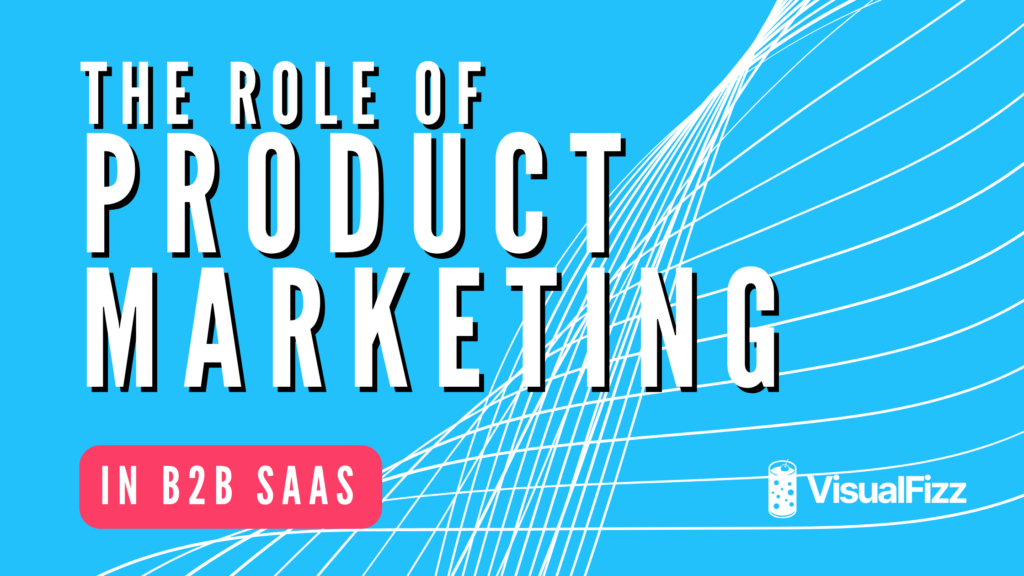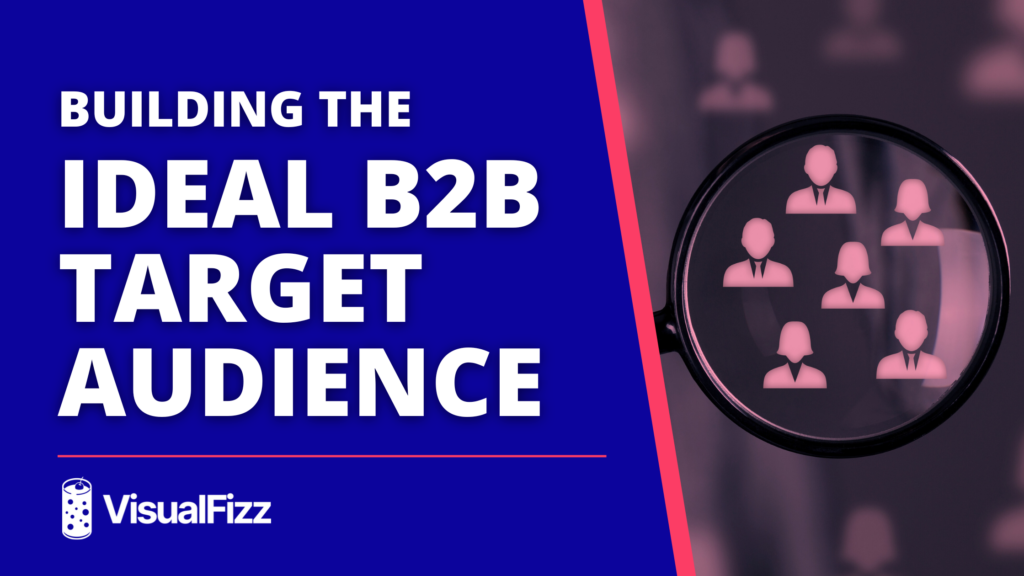
Throughout recent history, there has been a lot of discourse toward large companies about using and storing personal data.
Companies have incorporated the standard of a privacy policy to try and combat this issue of data disclosure.
In the Internet age, it is commonplace for websites to collect personal data. They use this as payment for access to their web space. While this does seem like a fair trade-off for free access to web services, it has led to repercussions that we are already experiencing.
Enormous companies like Facebook were part of personal data theft scandals. These include the Facebook-Cambridge Analytica data scandal.
While Facebook was not robbed, hackers harvested the personal data of 87 million users using the platform they own. This information was then used for malicious intent.
This debate caused panic over the loss of privacy. In the aftermath, the government implemented the General Data Protection Regulation in 2018. Since then, GDPR has been an everyday part of the browsing experience.
What Is GDPR?

The General Data Protection Regulation, or GDPR, is the world’s harshest and most restrictive web space law.
GDPR was implemented in May 2018, and its regulation replaces the old Data Protection Directive of 1995 standard in Europe.
GDPR is a regulation intended to put the personal data of all European residents as a priority over everything else. The law seeks to keep personal data as a protected piece of information. It intends to punish all companies that share private information without the consent of all parties.
Personal data includes information that can be used to identify a person or traits. Personal data can consist of someone’s name, email address, or computer’s IP address.Personal interests and the user’s cookie information fall under this category as well.
This information is private and, thus, requires the consent of the party under the law for sharing. Data-controlling websites may ask for this information from their user base. Security of this data falls on the company handling it.
Suppose a company fails to keep its users’ privacy or fails a privacy impact assessment. In that case, it can be liable under GDPR rights.
Users now also have the right to delete their information from a database without it sticking around. Companies no longer have a lifetime pass to an individual’s information once they give it to them. Once the user leaves, the data must be deleted.
Punishments for not obliging this law can include fines of up to 10 million euros.
Suppose the company is making over 500 million euros a year. In that case, a much larger penalty of 2% of the company’s annual revenue can also be issued.
Companies will want to abide by this law to avoid significant fines and public scandals, and help to improve SEO rankings.
GDPR affects all countries, and it is recommended that all brands optimize for GDPR compliance.
GDPR Impacts on the Marketing Industry
Modern marketing is centered around collecting and analyzing massive amounts of data. The data helps to pinpoint a target demographic.
Personal information used for this mass marketing is now protected under GDPR. Companies must make changes so as not to violate a user’s rights.Those protected under GDPR now have the right to decide if they want to be contacted or tracked by a marketing company.
This means that marketers can no longer use their database of information at will. Marketers must receive the consent of their users. Usually, companies use a cookie or privacy policy before tracking their online habits.
Email Marketing
On top of the restrictions to tracking, marketers must adhere to specific regulations about email marketing.
In the past, marketers could buy an email list from a website or even from a more extensive social media database such as Facebook. These marketers could then send mass advertisements to email addresses provided to them by these databases.
Post-GDPR, the only way companies can use email lists that include European emails is with the users’ consent.
This restriction extends to automated email systems as well. Automated emails must allow users to opt-out and stop sending emails once their permission has been rescinded.
Cloud Saving
Many personal data used for marketing are processed and stored in the cloud. Cloud saving is a terrific means of sharing information among different computers. Clouds also allow for efficient storage space. But it is not the most secure location.
Cloud services are vulnerable to attack and theft from any location worldwide, including leaks from the inside.
Companies must now take extra precautions to ensure that their marketing data is stored. Companies are now liable for personal data. If the information they are responsible for gets leaked, they are now at fault. This means they may be responsible for repercussions.
Going Public
Before GDPR took effect, marketing companies could reach out to journalists. They did so with public emails that contained personal information. Marketers would ask them to cover a new product or service offered by a company.
Instead, journalists must now contact your company first and give you consent to talk to them. Suppose a journalist agrees to reach out to them using their public data. In that case, you may reach out and ask them to cover an upcoming product yourself.
GDPR’s Impacts on Search and SEO

While the GDPR has also changed SEO, it has not been as restricted as online marketing businesses.
SEO is easily made compliant with GDPR. Unlike online marketing, which requires the collection of personal data, SEO works to bring customers to the answers to their questions.
SEO market strategies might experience many potential issues after implementing GDPR aren’t obvious restrictions.
Instead, these issues currently exist as potential trends to watch out for. They may not be immediately obvious but will become noticeable with time and revolve around loading times, analytical tools, and customer experience.
To focus on SEO naturally means moving away from cookies. This method could provide information to a business using a combination of paid and organic search, technical SEO, and curated content.
How GDPR Affects Tracking and Analytics
GDPR has placed heavy restrictions on marketing tactics that involve using a user’s data, like retargeting and data tracking. Retargeting is the act of advertising your website on partner websites so that users will be exposed to your brand name more. If users are exposed to your company and become more familiar with them, they are more likely to make a sale.
Retargeting requires knowledge of a user’s searches. It also needs to include what websites they frequent. Knowing these details lets the company place its ads on those outside websites being visited.
Companies would use analytical tools to track potential customers. Tracking maximized the efficiency of their retargeting.
User Experience
Websites’ user experience has changed from GDPR. It requires companies to ask for consent when using cookies and to accept advertisements.
Designers must now consider where they want to place these ads. They have often opted for banners in the header and footer of websites instead of pop-ups. This change has shaken up the user experience of many websites a lot.
Privacy Policies
GDPR has changed what was once impossible to now allow you to place links to your privacy policy on all website pages. This also means you may set links to other parts of your website on pages that do not relate to your general content.
Marketing for GDPR in 2023
GDPR represents pretty drastic changes in how companies market to users. It also impacts how they optimize for search engine results. More than ever, you must ensure your privacy policy discloses what you will be using personal information.
If you work in digital marketing or for an SEO company, make sure you understand the GDPR guidelines. These guidelines ensure that you and your company may avoid legal conflict. For help and support with GDPR efforts, contact the team at VisualFizz.
Author Bio

Vlad Khorkhorov is an entrepreneur, web developer and marketer. He has years of experience growing and helping small businesses successfully compete with the big guys. He’s the founder and CEO of WebsitePolicies that aims to help online businesses create essential legal policies to get compliant and legally protected without spending a fortune on lawyers.
Publishing Date:







